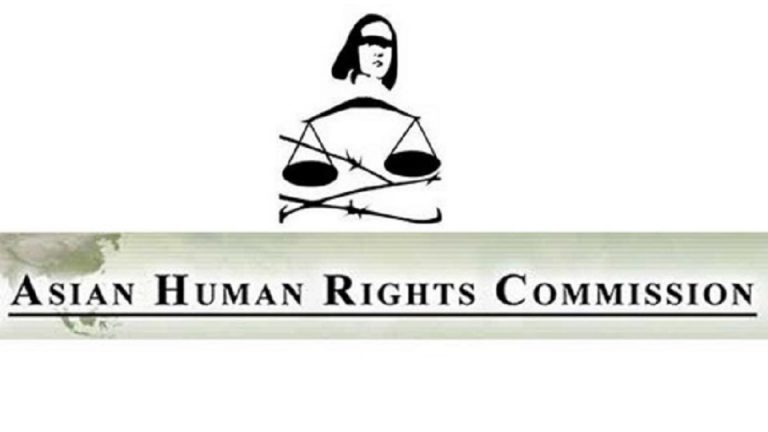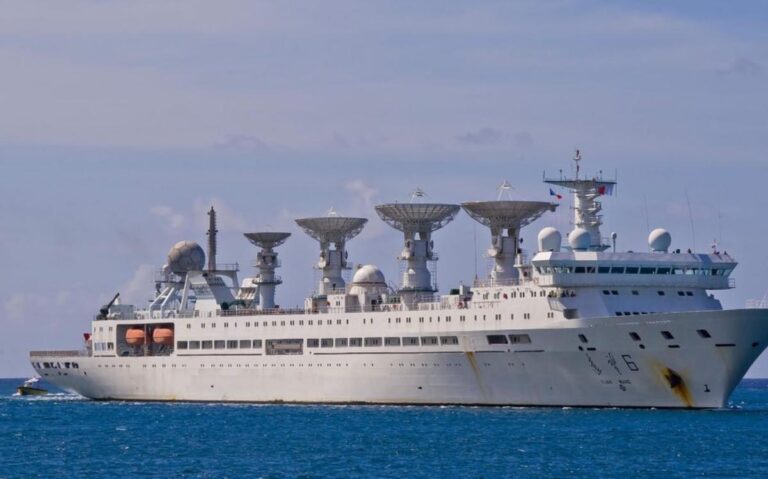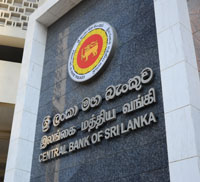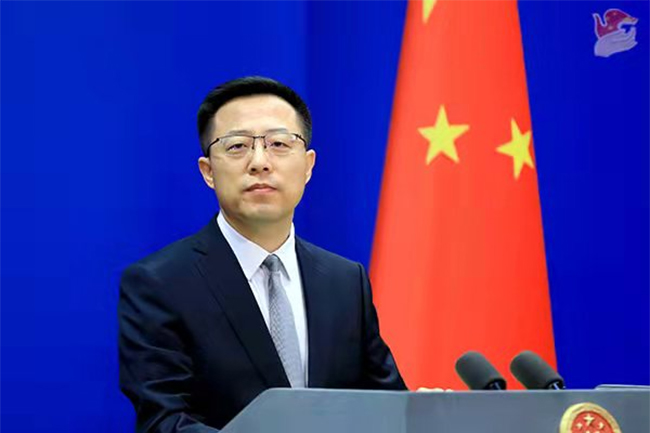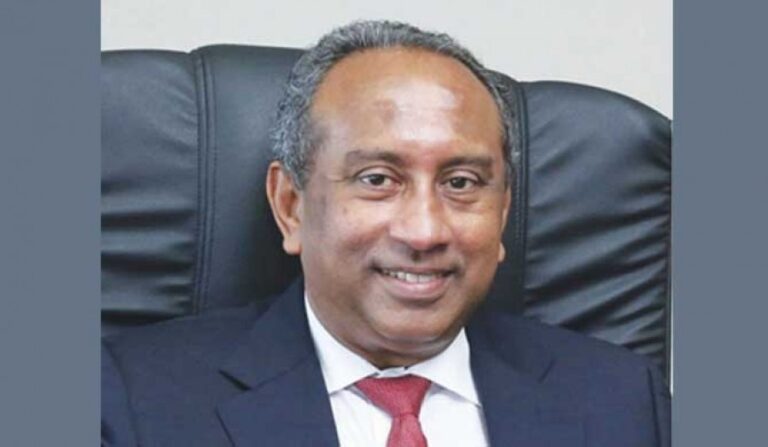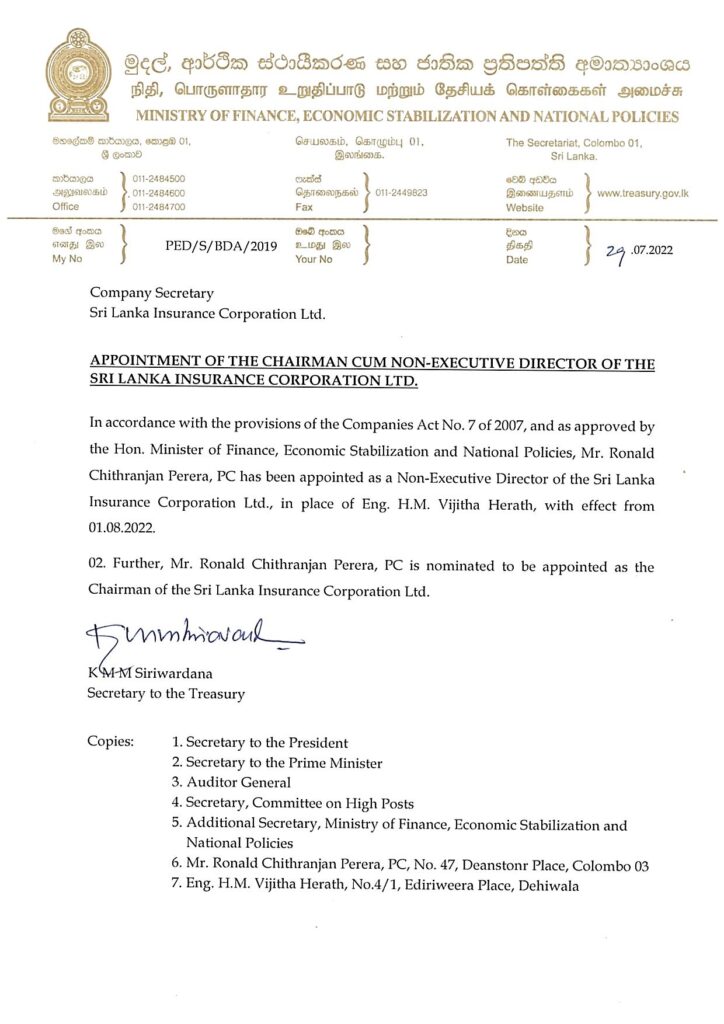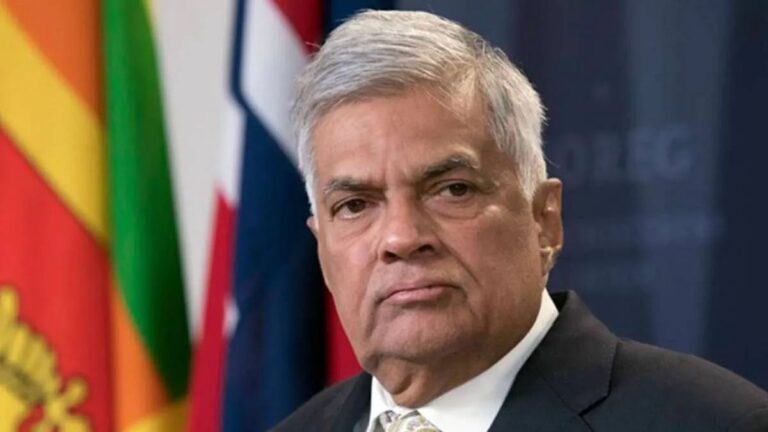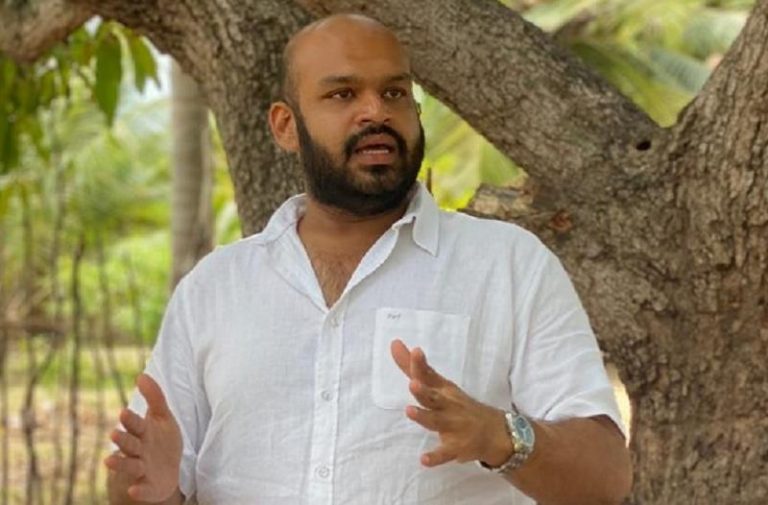By Basil Fernando
A declaration of emergency means suspensions of all the laws which normally operate within a country for the protection of the people. A declaration of emergency takes away all the basic protections which are considered essential to the normal functioning of the society. Lawlessness is declared to be normal under a period of emergency.
It means that the government as well as security forces would do during an emergency things that under normal circumstances would be considered illegal and punishable under the law. An emergency tells the security forces “Now you are not bound by the rules which you are normally bound by and you could do things without fear of legal consequences.”
It is due to these tremendous implications of declarations of emergency within a functional democracy, emergencies are declared only on rarer occasions due to circumstances overwhelming calling for some extraordinary methods. For example, in a situation of a tsunami where the normal laws of protection become impossible to operate, a limited emergency may be declared in order to temporarily suspend some of the laws which operate in the country. However, in a functioning democracy, for many decades, one could not find a single occasion on which emergency as being declared.
Dangerous- Experience of last fifty years
It is most dangerous to declare a situation of lawlessness as permissible for anyone including the security forces. The explanation is simple. Once state of lawlessness is allowed, it is not possible to ensure that it could be contained within a limit.
An example for this could be found quite near at home when examining about the last 50 years of history in Sri Lanka where on many occasions, emergencies have been declared. In all these occasions, the major feature that emerged was an uncontrolled excessive use of force which often leading to quite largescale killings.
1983 state sponsored violence
Emergency that was declared in 1983 was following a riot that was primarily inspired and initiated by the government of J.R. Jayawardene ,with his direct involvement, as later recorded by some of his close associates of the time. That emergency virtually changed the nature of the Sri Lankan democracy to such an extent that no substantial return had been possible even up to now. By the act of declaring emergency, the government itself destabilized the country and also destabilized its own capacity to govern the country within the framework of law.
Killings After arrests
Subsequent emergencies led to largescale killings of persons after arrest. Emergency laws itself did not directly authorize killing of persons after arrest. However, once the lawlessness was allowed, even the government was not in position to control the violence that arose from the state agencies themselves. Later, some of the leaders of the time spoke to parliament saying that excesses have been reported and these were not envisaged. Once lawlessness is allowed, it is not possible to control what is called excesses. Excesses in these instances like in the event of control in the 1978 JVP rebellion went into thousands of cases of mostly young people who were killed after arrest. All these are later brushed aside as excesses. In fact, under a functional democracy, these would have been called crimes against humanity.
The same applies to emergencies those were declared in the South in the latter part of 80s and also emergency that operated in the North and East for a much longer time. The biggest logic of emergency declarations is this. Emergency allows the security forces to use excess of force on people or a section of people. This itself leads to various forms of violent retaliation on the part of those who have become victims of the state’s use of excessive force. Once these retaliations start, then they have developed a logic of their own.
A Contest of Killings
Both parties engage in contest of killings and harming others and later such situations come to be called even a war. In fact, what is called a war under those circumstances simply means the failure on the part of the state to be able to democratically contain the expressions of protest by way of rational discourse. The rational discourse often provides opportunities to resolve problems which have hither to not being properly addressed. The rational discourse strengthens the society and after the disputes are settled, the nation and the people are in a better position to function in every sphere including the economy, social relationships, political systems and also all levels of culture. As against this, turning the discourse in an irrational direction, the emergency declaration makes the rational solution hard or even impossible to achieve. It pushes the society backwards and creates almost a permanent situation of lawlessness.
The Loss of Rule of Law
The greatest loser when emergency declarations are made is the rule of law. Often, emergency declarations are falsely justified at an attempt to restore the rule of law. In fact, what happens is the suspension of rule of law and undermining of factors that have been established within a society over a long period of efforts in order to ensure that everyone and everything is done within a society within a framework of rule of law. When the rule of law is broken down, it is one of the hardest things to reveal.
When a policing system loses its hard learned rules of discipline due to being allowed to use excessive power, it is nect to impossible to put such a system into a normally functioning situation even for decades. Heavy number of resources and commitments are needed to put back the rule of law as the foundational principle and the organizing principle of a society once it has been abandoned by allowing lawlessness to operate. Thus, the consequences of the emergency that is now being declared should not in any way be underestimated. Sri Lanka is already a failed state and the situation of the operation of rule of law is at the lowest. At this time, what is needed is to put all the resources to strengthen the rule of law in a way that the security forces will function only within that framework. Instead, if excessive powers are given as it has been done, the result will be much greater chaos and unimaginable levels of violence that may erupt within the society.
Impact on Doller Crisis
Facing the worst economic crisis in the country, this is not what the country needs. The country needs to return to a strong system of operation of rule of law which is able to crush the forces of corruption and restore order in a manner that the economy could function successfully in order to avoid problems such as a food crisis, crisis of health, education, transport, and every other crisis associated with public finance.
Thus, the present declaration of emergency is antinational, counterproductive and could have disastrously adverse impact on the future of Sri Lanka.
The 1978 Constitution is soaked in blood
July is a month that reminds Sri Lankans of one of the bloodiest months which in fact ushered a period of continuous blood shedding in Sri Lanka. That bloodbath which took place in 1983 July was initiated and blessed by the President of Sri Lanka and the Ministers of his Cabinet. It is true that the Prime Minister R. Premadasa disagreed with the President’s strategy in this regard going by some of the published reports on that terrible date. However, now President Ranil Wickremesinghe readily participated in the riot which brought the reputation of Sri Lanka as a peaceful democracy to an end.
Ever since, Sri Lanka has been one of the countries in Asia which has continuously seen the large scale shedding of blood and at no time has the Sri Lankan State or the prominent leaders ever regretted this record. Instead, the attempt had been to internationally deny any responsibility and to even put the blame on various groups which engaged in armed struggles during this period. What the Sri Lankan leaders and also the society at large are unable to acknowledge is that the chief initiator of this violence was the political leaders of the country itself.
Now, within a few days of being artificially elected as the President, Mr. Wickremesinghe’s approach as demonstrated by his actions is to prepare for another confrontation which will certainly lead to another period of the shedding of blood. The event which took place on the 14th of July where a huge group of members of the Armed Forces, the Police, the Special Task Force, and also paramilitary groups participated in a violent attack on a peaceful demonstration was a clear signal that now, once again, the arrangements are for a Sri Lankan style of ‘war’. At the moment, this war is directed towards the people of Sri Lanka, particularly for people of lower income groups. These people are complaining of the large scale malnutrition of children and also the inability to have their normal way, the lack of medical facilities, enormous hardships for children and parents trying to continue with the children’s education, unimaginable levels of hardship regarding transport, ever increasing levels of inflation and a long list of other problems which could normally be described as a rapid fall into a destitute situation.
How does the new President and his Cabinet plan to deal with the destitute people of Sri Lanka? That approach is to take up the gun. The threat of violent assaults on everyone who participates in any kind of protest has now been openly made.
Added to this, there is the readily available weapon of public security laws. In the period from 1978, the country has been ruled more through so called public security laws than by what is usually called normal laws. An average young person is very unlikely to grasp what the normal law means in Sri Lanka. The reason is that enforced disappearances on a large scale became normal, imposed during the J.R. Jayewardene period in Sri Lanka. So, were also the use of torture, extrajudicial killings, the denial of fair trials, the denial of inquiries into crimes in terms of the country’s Criminal Procedure laws, impunity extended by various ways to convicted criminals, and ever rampant corruption which was encouraged and which has never been brought seriously under the control of the law. This is only a short list of a situation of illegality that prevails in Sri Lanka. The frequent utterance of people throughout the country is that Sri Lanka is a lawless country. Even that seems an understatement by now.
Under these circumstances, the criticizing of the new President on the basis that he has violated Sri Lanka’s Constitution blatantly is a very naïve criticism. The new President knows that there is no such thing as a Constitution that upholds the rule of law in Sri Lanka. What exists is a kind of Constitution which enables the lawlessness of every kind and he has long experience of how to manipulate that Constitution in order to create situations of violence and also in order to undermine everyone who believes that they have an entitlement to be treated as equals before the law. Equality before law in Sri Lanka is a total illusion.
The basic contradiction between those who appear to be liberal and demand that the rule of law should be observed and that the Constitution should be respected and the likes of the new President is that the former lives in a world of illusion. They believe that there is a Constitution that can save them and the nation. However, the new President with his long experience under his master, J.R. Jayewardene and the manner in which Jayewardene’s Constitution was used by others, knows very well that such illusions are quite useful to a ruthless ruler. When the liberals are singing lullabies, the hardcore elements of the right wing are getting their guns ready.
That is the real background to the present situation. The coming weeks will see the unfolding of this scenario. How many will die, be illegally imprisoned, tortured and subjected to other forms of severe punishments is unpredictable. The manner in which the blood has been shed in Sri Lanka during the last few decades would be beyond the imagination of anybody who
lived prior to that period. A similar situation is not outside the possibility.
The world has condemned the tendency towards violence that is developing in Sri Lanka. However, the people of Sri Lanka themselves have expressed themselves quite clearly about where they stand in this confrontation. They certainly are not standing on the side of the Government. None of these may matter. Going by the past, all protests and all expressions of concerns can be ignored when a Government envisages to move ahead in implementing a ruthless plan.
If the fair minded people in Sri Lanka ignore these messages, they will pay the price not only of having to live in a lawless country but also to live within an economy that will further collapse.
Asian Human Rights Commission

